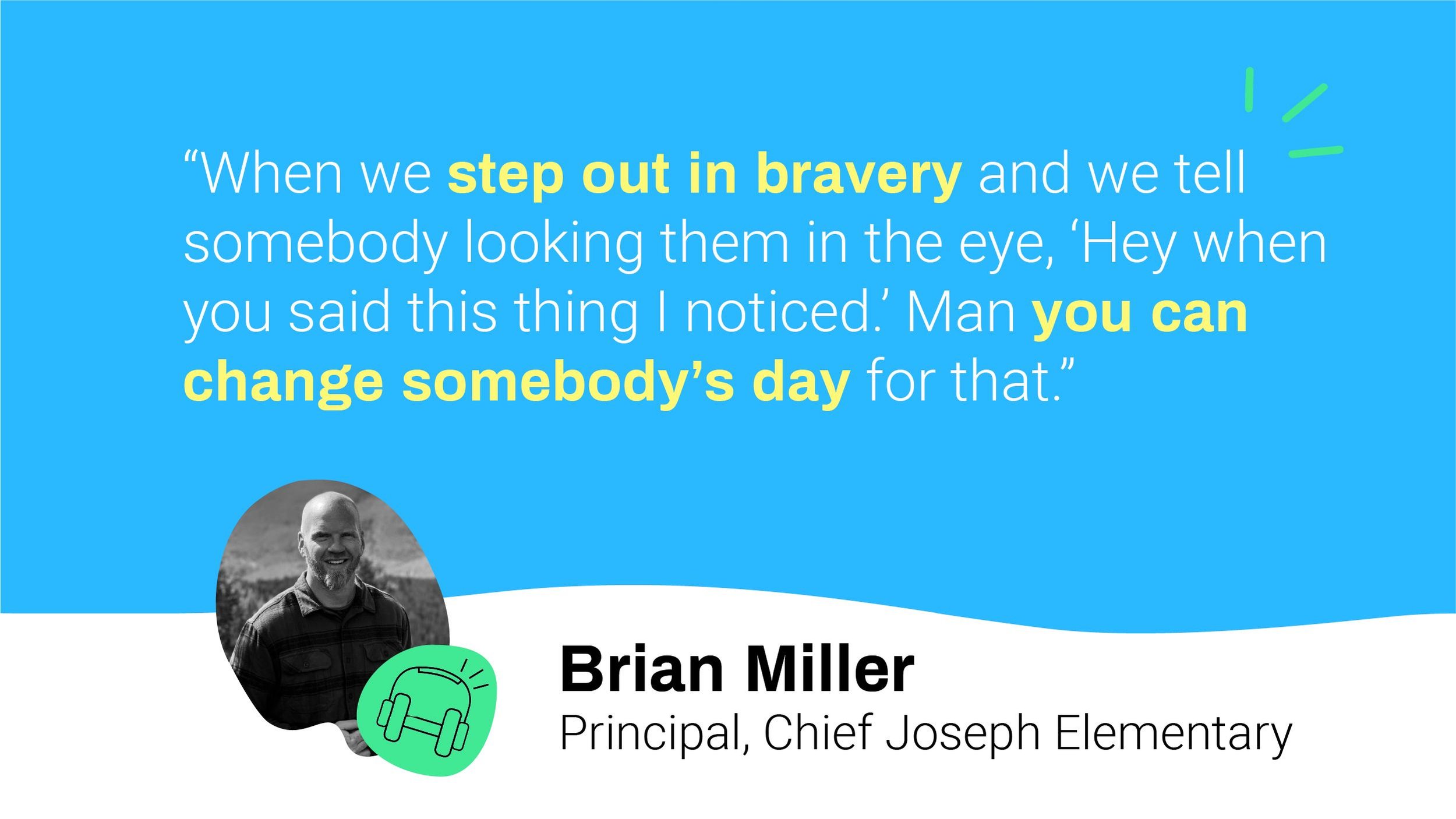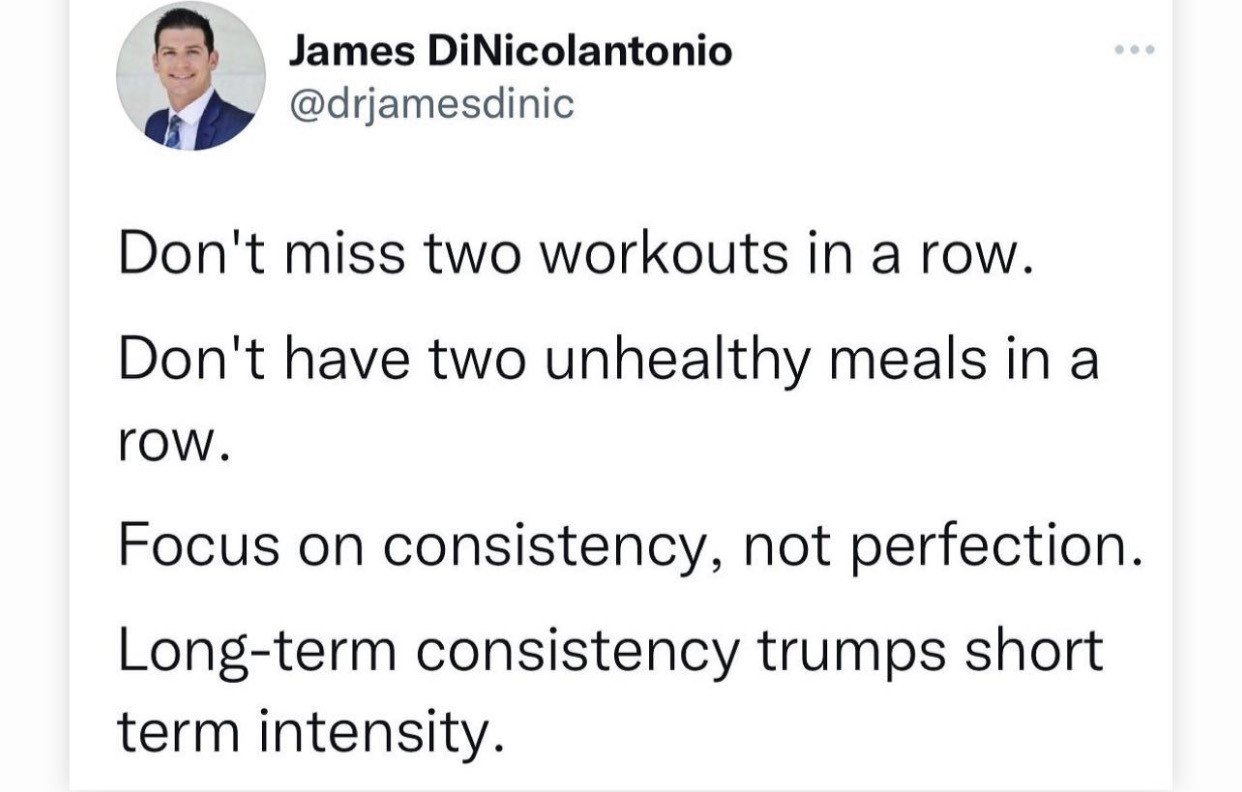Interview season is here!
And we’d love to help.
Mr Darrin Peppard has been a teacher, principal, and superintendent. He has interviewed many potential candidates and has successfully navigated through his own.
As a principal, I too have interviewed many soon-to-be educators and have been fortunate enough to earn a spot in a variety of educational roles.
Below are a few lessons and tricks we have picked up along the way.
You can listen to our full conversation here, on the Schurtz and Ties podcast, or the Leaning into Leadership podcast.
Come, as you are. But also, come prepared.
Tell Your Story:
What word or idea do you want your audience to know/think about you and what stories can you share that embody them? Write them down, rehearse them to the windshield, then confidently share them in the interview. Be intentional. It is what your audience will remember most.
Be more than the position:
No matter the position you are applying for, show yourself as a leader willing to do and be more than that position. Sure, they need you as an English teacher, but how else might you impact or help the building, the district, or the community? Be the go-to person on something other than the position you are applying for.
Be full-throttle you:
There are things worse than not getting the job . . . getting a job under pretense. Be who you are, fully and confidently. If they love you they’ll hire YOU! Showing up to work and trying to be someone you’re not sounds miserable. Quality educators are not looking for someone to fit in the box. So be confident. Be you.
Remember, it’s a two-way street:
Sure, you’re the one sitting in the hot seat, but they also need the position filled. Take the opportunity to learn about the district, the school, and the leaders. Ask some questions, take notes, and ask yourself if YOU want to hire THEM! Not only does this relieve some pressure, but it can also put a little confidence in your spine. And confidence is always attractive.
Be a Llama:
Nobody has the perfect resume. And although we don’t want to spend too much time speaking to our weaknesses, it is okay to acknowledge them. But also, and more importantly, it is imperative that we highlight our strengths, talents, and abilities. Again, BE CONFIDENT! Just don’t brag. Instead, share how your badassness will help students, staff, and the community. Use who you are to protect and support others.
Ask about the kids:
Don’t forget that at the root of all of this are students. They are impacted MOST by your interview for they either get to have you in their building or miss out. So ask about them. Make them the focus. For you, as well as those who are sitting around the table.
A Few Pitfalls to Avoid:
Don’t talk too long. Remember, those sitting at the table will be there all. day. long. Give them little hooks they can hang your answers on, and maybe select one or two questions where you dive a bit deeper. Otherwise, be prepared, and be concise.
Don’t continually bring us back to your weaknesses. You can and should address them, but don’t reference them over and over.
Don’t speak negatively of previous experiences. Even if they were awful or taught you valuable lessons, you can address them honestly without being destructive. Negative talk about other schools or personnel comes across poorly. Always. Avoid at all costs.
Don’t ask about $$$. At least not from the gate. We all need to make money and pay bills, so the question isn’t bad, but it shouldn’t be the first. And, probably, HR or a website will answer this question for you.
If you have any questions or would like to chat more, please reach out to Darrin Peppard or Brian T. Miller. We’d love to hear from you and offer whatever guidance we can.
#doGREATthings!
Give. Relate. Explore. Analyze. Try.
For more on . . .




















